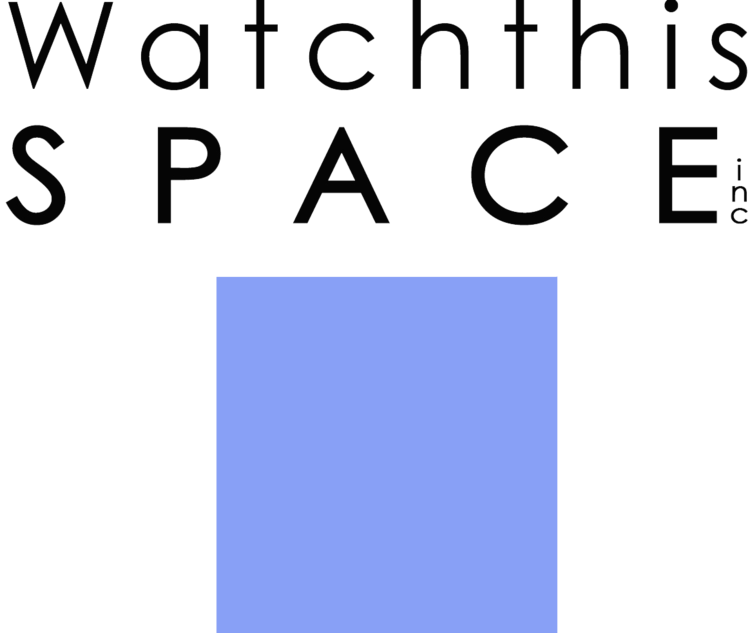Jacquie is a feminist PhD student in Art History, English Literature and Philosophy. Her research centres on ideas of subjectivity through the lens of the maternal.
Period as WTS Coordinator: "6 short months in 2007"
Why did you apply for the Coordinator position originally? Was it what you expected?
It was the year after I’d finished high school and I’d been attending Watch This Space exhibitions since I was a little kid. After working at Warlukurlangu, the art centre in Yuendumu, I’d decided on an arts career – I was going to study Art History/ Curatorship at ANU the following year. I was 18 or 19 and I think that being the coordinator at WTS appealed to me as interesting and glamorous. Looking back I don’t know really if I understood quite what the role meant, or required. I was, and still am, grateful for that opportunity.
How did you find working at WTS? Was it different from arts organisations you had/have since worked for?
I didn’t have much to compare it with, and it was a long time ago. I think I loved it, but was overwhelmed at times. The committee were supportive and I remember cups of tea with Drew Moynihan being a calming influence. Since I have worked at a small commercial gallery, the National Gallery of Australia and now in the university system. None are similar to WTS, and none are better either.
What were some of your fondest memories at WTS?
As a child, being amongst it all. Kids were always welcome, and in part I grew up with WTS. And the year after I left when Jade Bitar was co-ordinator. I volunteered with her that first winter I was back from uni, we had so much fun.
Tell us about your greatest achievements during your time as the Coordinator.
Honestly I can’t think of any. I wasn’t in the role that long. Being so young and not screwing it up terribly felt like an achievement at the time.
In your eyes, what makes WTS an important organisation?
That it takes the cultural and intellectual life of Central Australia seriously. And its longevity is important too – there’s a genealogy of thinking and making that can be traced through Watch This Space, which I think is important to any community interested in its own specificity and self definition.
Where are you now: geographically, work-wise, life-wise?
Right now I’m a PhD student in the final stages of writing my thesis in Art History, English Literature and Philosophy at the University of Queensland. I live here in Brisbane and I teach in Art History at UQ and the Queensland College of Art (Griffith University). I don’t know what’s going to happen next.
Has WTS contributed to where you are now?
In so many ways. I grew up seeing challenging art there and now I’m an Art Historian (almost). Maybe more importantly though I think it helped found my feminism. It was a gallery established by women artists and in many ways my mother’s practice as an arts writer was honed on the work that Watch This Space did.
Can you create an acrostic poem?
Will you forgive me if I don’t?
This interview is part of WTS's 2018 program Still Alive After 25 celebrating its 25th Anniversary. Read more interviews with past and current WTS coordinators here

